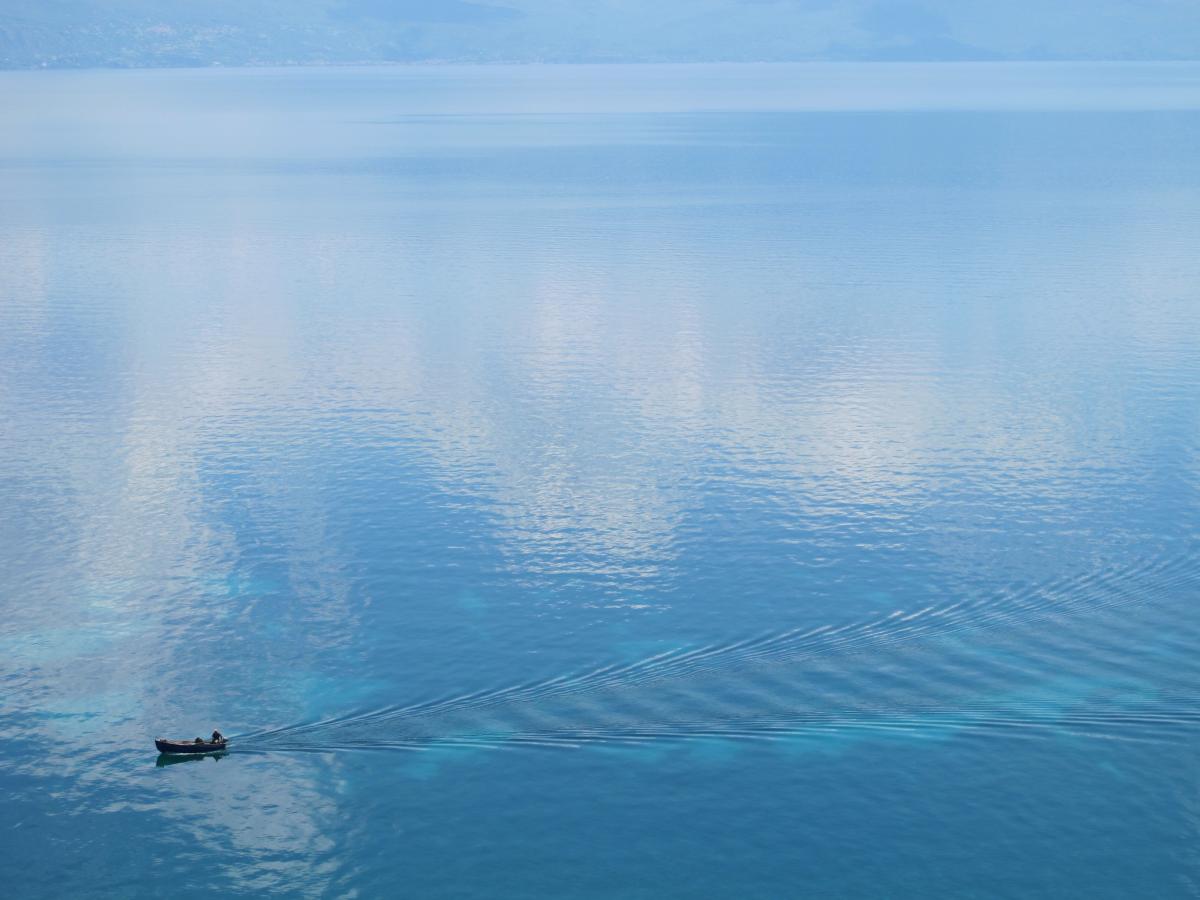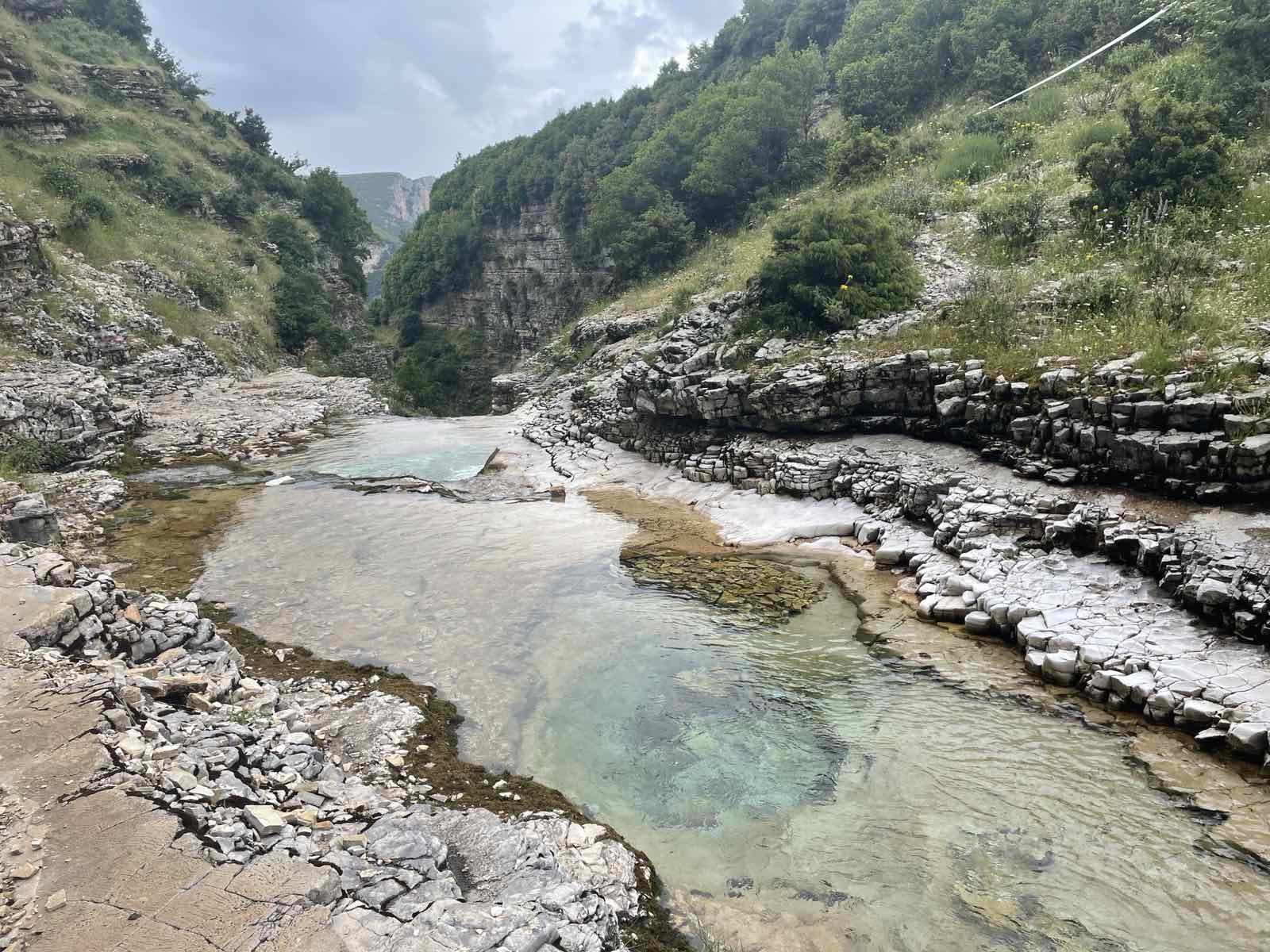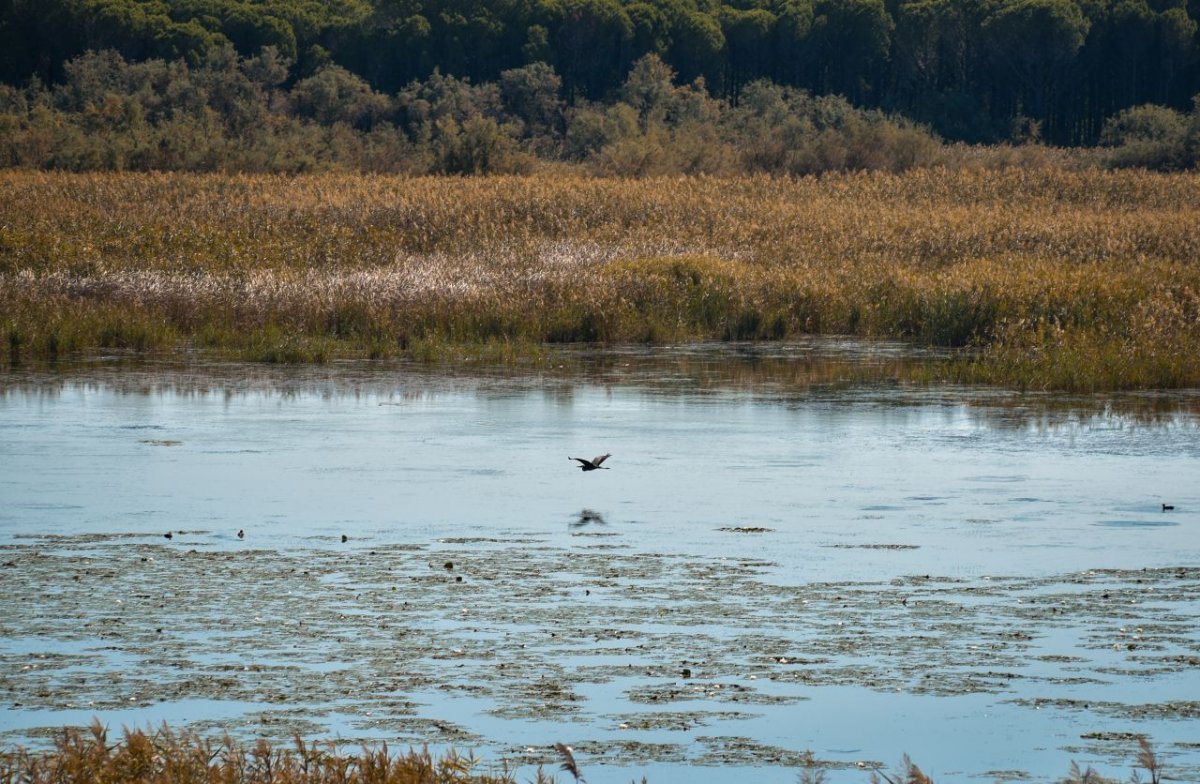Enhancing legal and policy frameworks for Nature-based Solutions in the Western Balkans
Until now, there has been no systematic and consistent approach to legal and policy analysis that addresses the integration of Nature-based Solutions (NbS) into development strategies, sectoral policies and legal instruments to tackle climate change and disaster risks. In responding to this gap, IUCN has developed a novel methodology to conduct such an analysis based on the IUCN Global Standard for Nature-based Solutionsᵀᴹ and tested this methodology in six economies in the Western Balkan region.
For climate change adaptation and disaster risk reduction to be successful, they must be underpinned by supportive enabling conditions. Law and policy thus have an important role in effectively responding to the increased frequency and severity of risks and hazards faced by humanity. The recent Assessment Reports of the Intergovernmental Panel on Climate Change (IPCC) painted a rather gloomy picture of the future of our planet. This is also true for the Western Balkans, as a region that has faced increasing hazards and vulnerability for over a decade, including an intensification of flood events, prolonged periods of drought, increased incidences of forest fires, soil erosion, etc. One regional news outlet even spoke of the Balkan Flood Crisis.
Nature-based Solutions play an important role in addressing these challenges by simultaneously providing human wellbeing and biodiversity benefits, while law and policy provide the necessary framework for design, implementation, and monitoring to ensure the long-term sustainability of NbS interventions in a specific context. Law and policy should be seen as important allies. The methodology developed for policy analysis offers a coherent, systematic and consistent approach to understanding gaps and opportunities for advancing NbS in law and policy and, as a result, capitalising on the enabling conditions that they provide.
The methodology for policy analysis defines the dimensions of policy analysis based on the eight criteria of the IUCN Global Standard for Nature-based Solutionsᵀᴹ (Figure 1). The methodology was developed and tested in the frame of the project ADAPT: Nature-based Solutions (NbS) for resilient societies in the Western Balkans, encompassing six regional economies. The analysis provides insights into the extent to which regional and economy-level policies relevant for climate change adaptation and disaster risk reduction enable the mainstreaming, design and implementation of NbS in the Western Balkans.
|
Figure 1: Applying the IUCN Global Standard for Nature-based Solutionsᵀᴹ to regional comparative policy analysis relevant to climate change adaptation (CCA) and disaster risk reduction (DRR). (Source: based on Bisaro, A. and Meyer, K. (2022). Integrating Nature-based Solutions into policies for climate change adaptation and disaster risk reduction. Gland, Switzerland: IUCN |
Because the legal and policy realities differ among regions, an important first step must ultimately include understanding to extent to which the existing laws and policies already support, enable or hinder uptake and investments in NbS. The analysis in the Western Balkans systematically assessed policy gaps and opportunities for the mainstreaming of NbS. From this, concrete recommendations were derived within the action plan to guide priorities for the region and specifically for each Western Balkan economy. The action plan aims to make NbS a central part of strategic policy responses.
Identifying common enablers and barriers to NbS integration into relevant legal and policy instruments (Figure 2) enables cross-fertilisation of learnings and approaches across the Western Balkan region. While drafting specific recommendations for each of the Western Balkan economies, the analysis also captured general observations. For instance, policies rarely include a discussion on social and ecological limits and/or safeguards. Another gap in the policies analysed relates to a lack of data and economic analysis.
The results of the analysis and corresponding recommendations continue to inform ongoing engagement in the Western Balkans, including the identification and collaboration with partners on revising and drafting of legal and policy documents, the focus of capacity building, training and advocacy activities, and the design of pilot NbS interventions in Albania and Serbia. Not only does the analysis provide insights into the status quo and opportunities for NbS mainstreaming, it primarily helps to address the systemic barriers across multiple sectors and
|
Figure 2: Common enablers and barriers to Nature-based Solutions integration into law and policy related to climate change adaptation and disaster risk reduction in the Western Balkan region. (Source: based on Bisaro, A. and Meyer, K. (2022). Integrating Nature-based Solutions into policies for climate change adaptation and disaster risk reduction. Gland, Switzerland: IUCN) |
This has already led to greater uptake of NbS in law and policy, and increased political will to employ NbS as a viable option to achieve climate change adaptation and reduce disaster risks. For instance, NbS was included in the Green Agenda for the Western Balkans that translates the EU Green Deal into the regional context. Western Balkan economies also actively supported the recently adopted United Nations Environment Assembly (UNEA) resolution on Nature-based Solutions for supporting sustainable development, and started making progress on NbS in accordance with their specific legal and policy settings.
Over time, a greater focus on NbS in law and policy is expected to support transformative change in the region. As we celebrate two years since the launch of the IUCN Global Standard for Nature-based Solutionsᵀᴹ, we hope that this work can elevate the role of the Standard for legal and policy development further and support the creation of favourable conditions to protect human wellbeing while simultaneously providing biodiversity benefits.
The publication titled “Integrating Nature-based Solutions into policies for climate change adaptation and disaster risk reduction” is available at the IUCN Library portal.
For more information about the ADAPT project, please visit the ADAPT Facebook page.
Article prepared by Kristin Meyer, Legal Officer, IUCN Environmental Law Centre



